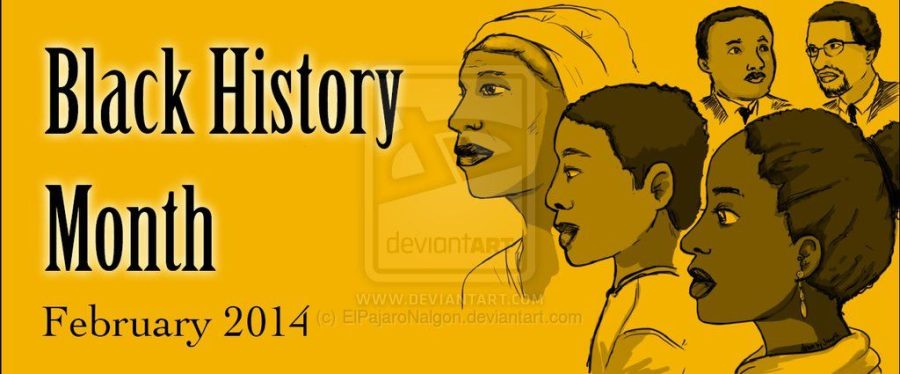UMB Embraces Diversity
Boston may be under a blanket of white strife, but that didn’t stop over 100 students, faculty, and alum from coming into the University of Massachusetts Boston Campus Center Ballroom to celebrate Black History Month.
On Feb. 26, UMass Boston graciously hosted its fourth annual Black History month presentation procession, with this year’s gathering focusing primarily on “education and voting for a change.”
The Impact 50 this year had a heightened level of meaning and social relevance this year due to the profound violence towards African Americans, specifically toward the young males. The procession began with students in attendance who were asked to participate in a peaceful demonstration, reminiscent of the “hands up, don’t shoot” movement.
The students marched through the ballroom accompanied by a musical tribute to black civil rights leaders and victims of police brutality. At the end of the song, hundreds of eyes watched the students, wondering what the white cut-outs they held were. One after another, like a domino effect of solidarity, each student flipped their cards to spell out E-N-O-U-G-H-IS-E-N-O-U-G-H.
The large volume of extra participants spilled over to the end of the line, almost inadvertently making the audience read the message and scan the faces of the poster-less students at the end as if they were a diverse and multicultural punctuation mark.
The presentation was headlined by guest speaker and revered activist Cheryl Clyburn, the executive director of Mass Vote and a small government connoisseur. Clyburn spoke on the troublesome unrest in the urban black communities across the country, and even on how to combat these stigmas and prejudice.
How to fight back? According to Clyburn, the kryptonite to racist agendas is small government actions; most specifically, small elections. Says Clyburn, “Small elections have the greatest impact” in fighting against the inequities of the system. “The system is not broken,” she said, “the system is working just the way they [prosperous white men, governing bodies] want it to.” Clyburn stressed to listeners in attendance that it is important to distinguish that the system is not faulty, and that the people need to participate more in smaller elections.
Clyburn listed her large résumé and the steps she has taken to making voting more accessible via online voter registration and prolonged early voting periods. She mentioned the opponents to these precautions, primarily in historically conservative southern states, which in her opinion were “undoing” the work of the Voting Rights Act of 1965.
When asked about the significance of activism in youth, Clyburn stressed “Democracy should not cost this much,” and a message eerily similar to Gandhi’s of “be the change you want to see in the world.” Clyburn tells the Mass Media that she is hosting the Women’s March Community Meeting on campus at a date to be decided, as well as the Boston 500, a meeting hosted by Mass Vote and the local branch of the NAACP.
The Boston 500 is an organization intended to grow the number of registered voters and thought leaders in the community. She believes if each person of the 500 can yield 20 people, she’ll have created a ten-thousand-strong supergroup in the community. Additional information can be found on her website www.massvote.org.





















































